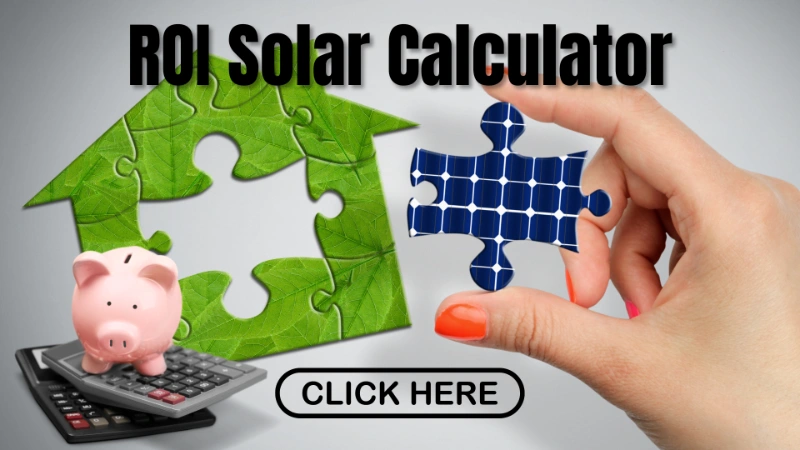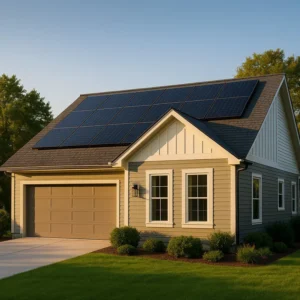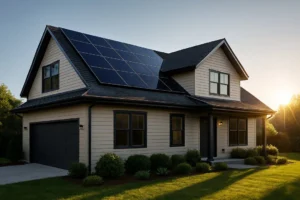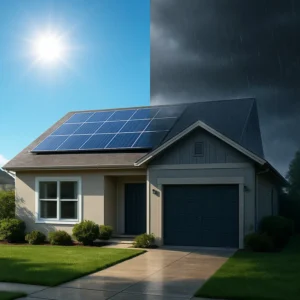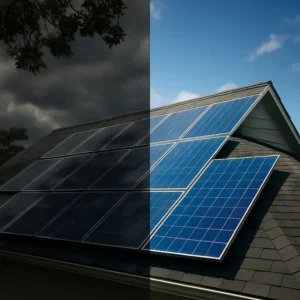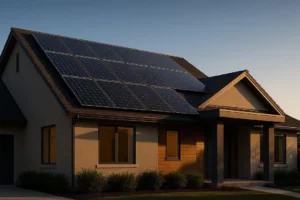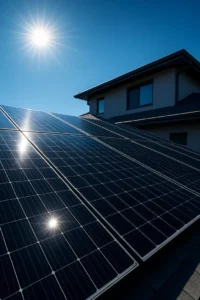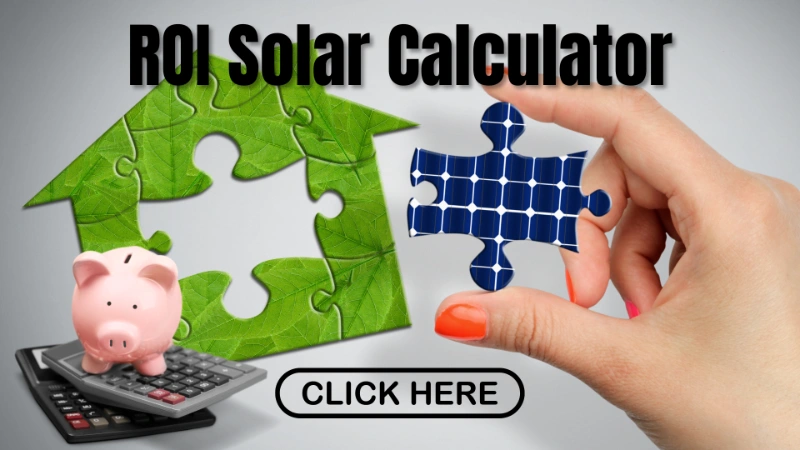For homeowners considering a switch to renewable energy, two questions immediately come to mind: “How much do solar panels cost?” and “Are solar panels worth the investment?” These are the critical first steps in any major home improvement project, and going solar is no different. The initial price tag can seem daunting, but understanding the full picture—including incentives, long-term savings, and the overall benefits and cost structure of solar panels—is key to making a confident decision.
Table of Contents
- Understanding the True Cost of Solar Panels
- Unlocking Savings: Incentives and Rebates
- Are Solar Panels Worth the Investment? Calculating Your ROI
- Beyond Savings: How Do Solar Panels Increase the Value of My Home?
- The Intangible Benefits of Going Solar
- Getting an Accurate Solar Panel Quote
- The Verdict
At RenewGenius, our goal is to provide a comprehensive solar knowledge base to help you navigate this process. In this guide, we’ll break down the costs associated with a residential solar system, explore how to calculate your return on investment (ROI), and answer the crucial question of how solar panels can add significant value to your property.
Understanding the True Cost of Solar Panels
The final price on a solar installation isn’t a one-size-fits-all number. It’s a tailored figure based on your home’s unique energy needs, location, and specific equipment choices.
What Factors Influence Solar Panel Pricing?
Several key components contribute to your final solar panel quote:
- System Size (kW): The more electricity you use, the larger the system you’ll need to offset your bills, which increases the total cost.
- Panel & Inverter Quality: High-efficiency panels and advanced inverters (like microinverters) may have a higher upfront cost but often yield better performance and long-term savings.
- Installation Complexity: The type, pitch, and condition of your roof can affect labor costs. A simple, south-facing asphalt roof is typically less expensive to work on than a complex slate or tile roof.
- Permitting and Labor: Local permitting fees and regional labor rates will influence the final price.
The Average Cost of a Residential Solar System
Before incentives, the average cost for a residential solar panel system in the U.S. typically ranges from $15,000 to $25,000. However, this is just a ballpark figure. The only way to get a precise number for your home is to receive a detailed solar panel quote based on a professional assessment of your energy usage and property.
Unlocking Savings: Incentives and Rebates
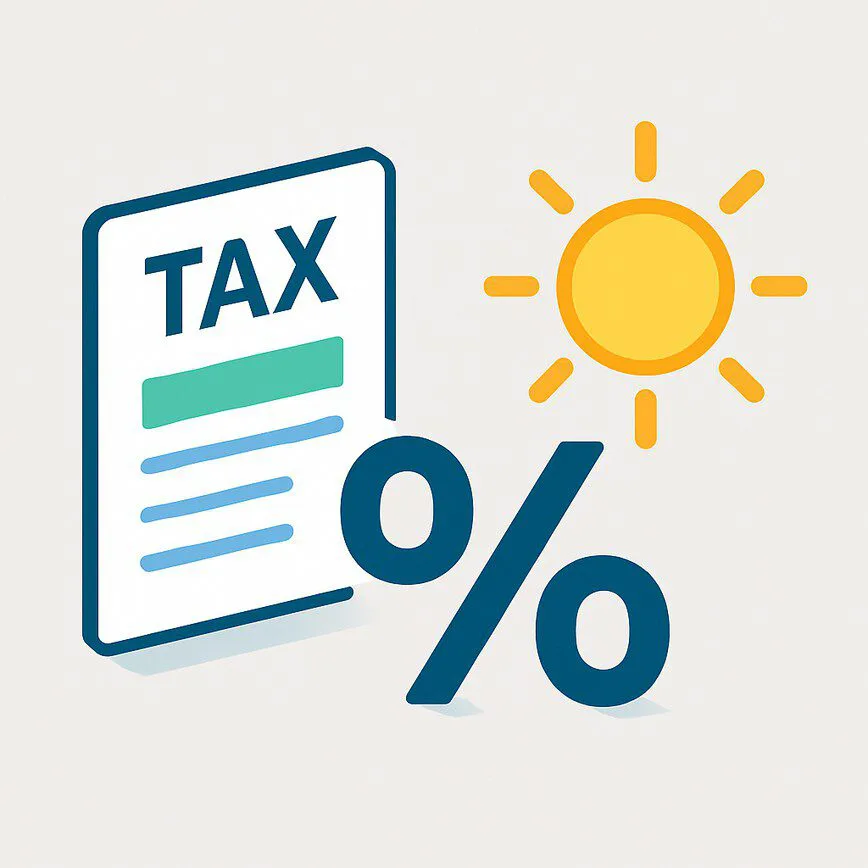
The sticker price is not what you’ll actually pay. Generous government incentives are designed to make solar more accessible and significantly lower your net cost.
The Federal Solar Tax Credit (ITC)
The most significant financial incentive is the federal Residential Clean Energy Credit, often called the ITC. This allows you to deduct a percentage of your total system cost directly from your federal taxes. This isn’t a simple deduction from your income; it’s a dollar-for-dollar credit that directly reduces your tax liability.
State and Local Incentives
In addition to the federal credit, many states, municipalities, and even utility companies offer their own rebates, tax credits, or performance-based incentives. These programs vary widely by location but can further slash your upfront investment.
Are Solar Panels Worth the Investment? Calculating Your ROI
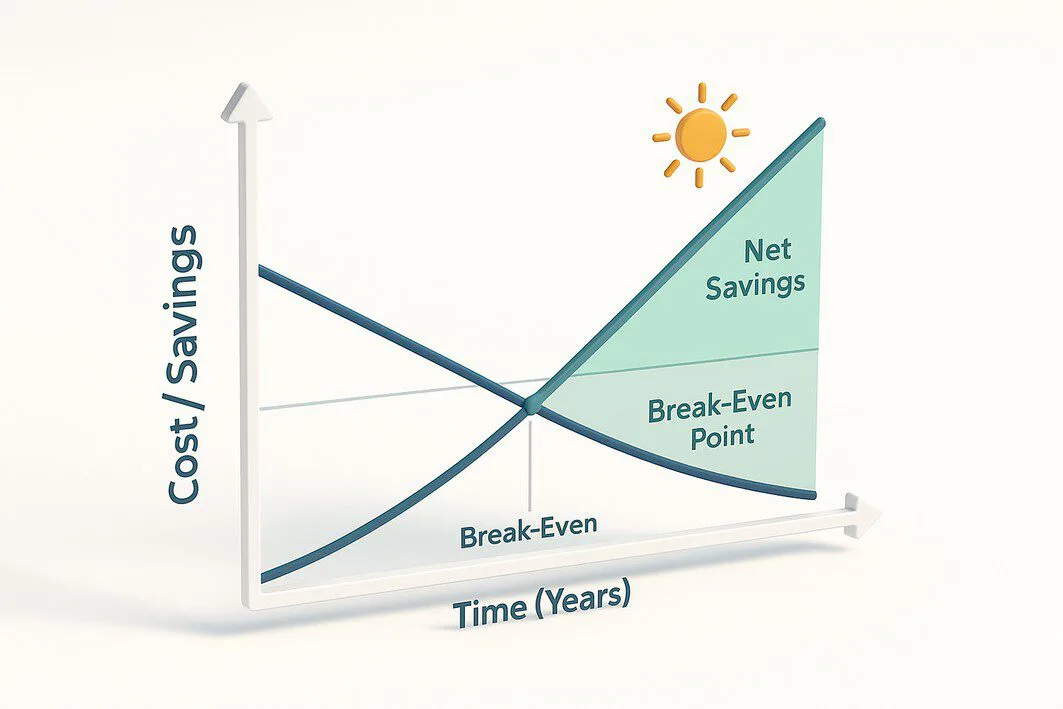
So, let’s tackle the big question: are solar panels worth the investment? For most homeowners, the answer is a resounding yes. The value comes from a combination of immediate savings, long-term financial gains, and increased property value.
Immediate Savings: Reduced Electricity Bills
From the moment your system is activated, you begin generating your own clean power. This directly reduces the amount of electricity you need to buy from your utility company. For many homeowners, this results in immediate and substantial monthly savings.
Long-Term Gains: The Payback Period
The payback period is the time it takes for your accumulated energy savings to equal your initial investment. On average, most homeowners in the U.S. see a solar payback period of 8 to 12 years. Considering solar panels are warrantied for 25 years or more, that leaves you with over a decade of free electricity.
Using an ROI Calculator for a Personalized Estimate
Generic estimates are helpful, but your financial picture is unique. Using a dedicated tool is the best way to see what your specific returns could be. RenewGenius offers a powerful ROI calculator designed to help you make an informed decision by inputting your own energy usage and location to get a personalized projection of your costs and savings.
Beyond Savings: How Do Solar Panels Increase the Value of My Home?
One of the most overlooked benefits is the direct impact on your home’s market value. Multiple studies, including research from Zillow and the National Renewable Energy Laboratory (NREL), have shown that homes with solar panel systems sell for more than comparable homes without them. Buyers see a home with solar as a premium asset—one that comes with a significantly lower cost of living. This “solar premium” means your investment not only pays for itself in energy savings but can also be recouped during a future sale.
The Intangible Benefits of Going Solar
While the financial returns are compelling, they are just one piece of the puzzle. The full spectrum of solar energy benefits includes everything from environmental stewardship to energy independence. These advantages add a layer of personal and environmental value that goes beyond the numbers:
- Energy Independence: Locking in your energy costs protects you from volatile utility rate hikes.
- Environmental Stewardship: Generating your own clean power reduces your carbon footprint.
Getting an Accurate Solar Panel Quote
Ready to move from estimates to exact figures? A comprehensive solar panel quote is your next step. A trustworthy quote should include:
- A full breakdown of costs (equipment, labor, permits).
- The specific equipment being proposed (panel and inverter models).
- Your system’s estimated annual energy production.
- Warranty information for all components and labor.
As a company focused on residential solar solutions, we believe in empowering homeowners with clear, transparent information. Our deep solar knowledge base is here to help you understand every line item in your quote so you can feel confident in your choice.
The Verdict
So, are solar panels worth the investment? When you factor in the dramatic reduction in electricity bills, the powerful financial incentives, and the proven increase in home value, the initial cost transforms from an expense into a high-return investment. It’s a strategic upgrade that pays you back for decades to come, both financially and environmentally.
To see the numbers for your own home, start by exploring our resources and using our ROI calculator to take the first step toward energy independence.


